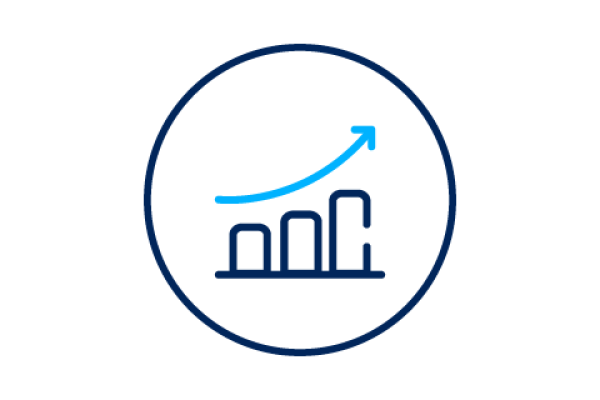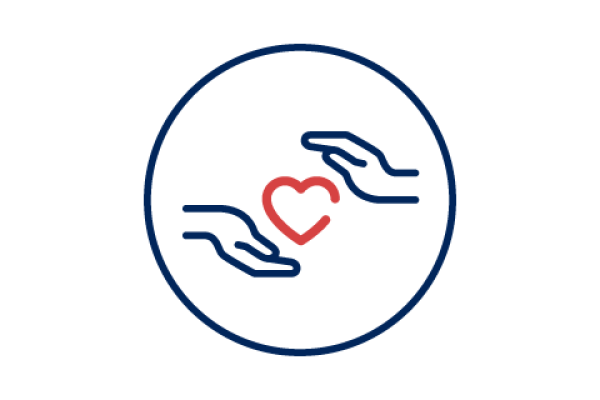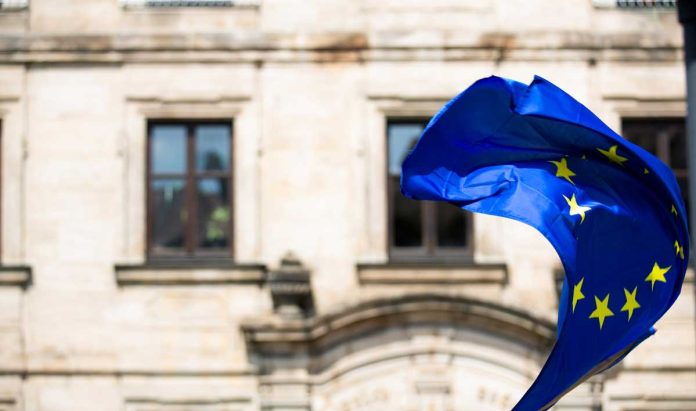NextGenerationEU
Ensuring the EU is prepared for future challenges and opportunities
The centrepiece of NextGenerationEU is the Recovery and Resilience Facility (RRF) – an instrument that provides grants and loans to support reforms and investments in the EU Member States.
Objectives and benefits
Part of a wide-ranging response, the Recovery and Resilience Facility helps
- mitigate the pandemic’s economic and social impact
- make sure Member States are more resilient, more sustainable and better prepared for the challenges and opportunities of the green and digital transitions
- achieve the EU target of climate neutrality by 2050
- set Europe on a path of digital transition
- create jobs and spur growth.

The Facility provides funds for Member States to invest (2022 prices)
€385 billion
in loans
€338 billion
in grants
€723 billion
in total, to invest in reforms and projects
Discover what’s happening in each Member State
All countries Austria Belgium Bulgaria Croatia Cyprus Czechia Denmark Estonia Finland France Germany Greece Hungary Ireland Italy Latvia Lithuania Luxembourg Malta Netherlands Poland Portugal Romania Slovakia Slovenia Spain Sweden















23422772112223235261256652523228HomeZoom inZoom outFullscreenPrintDownload data files
Webtools + © EC-GISCO + Leaflet | © OpenStreetMap © EuroGeographics © UN-FAO for the administrative boundaries | Disclaimer
Legend
Green transition
Smart, sustainable and inclusive growth
Social and territorial cohesion
Health and economic, social and institutional resilience
Digital transformation
Policies for the next generation
Green transition
focusing on green technologies and capacities – sustainable mobility, energy efficiency and renewables, climate change adaptation; circular economy; and biodiversity
Policies for the next generation
improving access to and the quality of general, vocational, and higher education; focusing on digital education, early childhood education and care; supporting youth employment
Smart, sustainable and inclusive growth
promoting entrepreneurship, competitiveness, industrialisation; improving the business environment; fostering research, development and innovation, supporting small- and medium-sized businesses
Digital transformation
promoting the roll-out of very high capacity networks, the digitalisation of public services, government processes, and businesses, in particular SMEs; developing basic and advanced digital skills; supporting digital-related R&D and the deployment of advanced technologies
Social and territorial cohesion
improving social and territorial infrastructure and services, including social protection and welfare systems, the inclusion of disadvantaged groups; supporting employment and skills development; creating high-quality, stable jobs
Health and economic, social and institutional resilience
improving the resilience, accessibility and quality of health and long-term care, including measures to advance their digitalisation; increasing the effectiveness of public administration systems
How it works
Through the Facility, a temporary instrument, the Commission can raise funds – borrowing on the capital markets – to help Member States implement reforms and investments that
- are in line with the EU’s priorities
- address the challenges identified in country-specific recommendations under the European Semester framework of economic and social policy coordination.
The Facility entered into force in February 2021. It finances Member States’ reforms and investments, from the start of the pandemic in February 2020 through to the end of December 2026. Member States submit their recovery and resilience plans to the European Commission, setting out their planned reforms and investments to be implemented by end-2026, in order to receive financing up to the agreed allocation.
View each Member State’s national plans, planned reforms and investments




